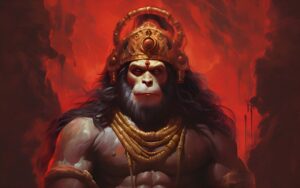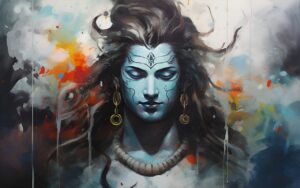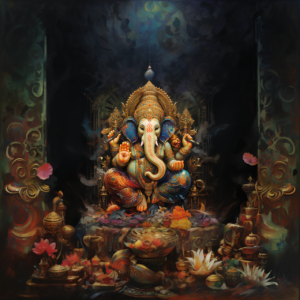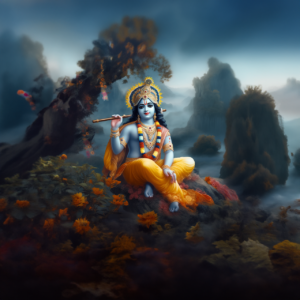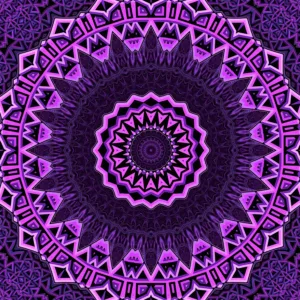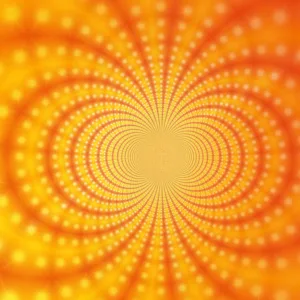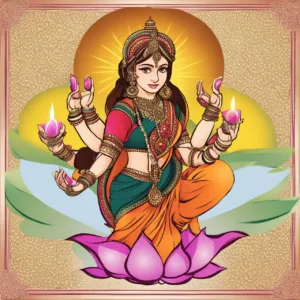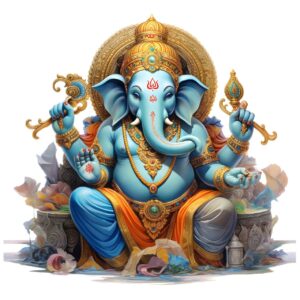Embark on a spiritual journey
सर्वत: पाणिपादंतत्सर्वतोऽक्षिशिरोमुखम् |
सर्वत: श्रुतिमल्लोकेसर्वमावृत्यतिष्ठति||
God’s hands & feet, faces, heads & eyes are everywhere. His ears too are in all places & He pervades everything & everywhere in the universe ~ Bhagavad Gita
Chalisa's
Shri Hanuman Chalisa | श्री हनुमान चालीसा
Click Image to read Hanuman Chalisa
Shri Ganesh Chalisa | श्री गणेश चालीसा
Click Image to read Ganesh Chalisa
mantra's
Gayatri Mantra | गायत्री मन्त्र
Click Image to read Gayatri Mantra
Maha Mrityunjaya Mantra | महा मृत्युंजय मन्त्र
Click Image to read Maha Mrityunjaya Mantra
aarti's
SHRI LAKSHMI MATA AARTI | श्री लक्ष्मी माता आरती
Click Image to read Lakshmi Mata Aarti
SHRI GANESH AARTI | श्री गणेश आरती
Click Image to read Ganesh Aarti
Cosmology & Spirituality
Cosmology is intricately linked to the philosophy and spiritual practices. Hindu cosmology encompasses a vast and complex understanding of the universe, its creation, and its eventual dissolution. Here are some key aspects of the relationship between cosmology and Hinduism:
Creation and Cycles
Hindu cosmology posits a cyclical view of the universe, where creation, preservation, and destruction follow one another endlessly. This cycle is known as the “Yuga cycle” and comprises four ages or Yugas: Satya Yuga, Treta Yuga, Dvapara Yuga, and Kali Yuga. This concept of cyclic time is deeply intertwined with Hindu philosophical ideas of dharma (duty) and karma (action and its consequences).
Cosmic Deities
Hindu cosmology often involves the concept of cosmic deities responsible for the creation, preservation, and destruction of the universe. Lord Brahma is the creator deity, Lord Vishnu is the preserver, and Lord Shiva is the destroyer. These deities are often depicted as integral to the cosmic order and are revered in various forms across Hindu traditions.
Unique Narratives
Hindu cosmology is rich in unique narratives that explain the creation and cosmic order. For example, the story of the churning of the cosmic ocean (Samudra Manthan) is a well-known event that illustrates the creation of both positive and negative cosmic forces.
Samsara and Moksha
Hindu cosmology is closely tied to the concepts of samsara (the cycle of birth and rebirth) and moksha (liberation from this cycle). The ultimate goal of many Hindus is to attain moksha, breaking free from the cycle of rebirth and merging with the divine. The understanding of the cosmos plays a significant role in how one perceives the journey of the soul through samsara.
Astrology and Astronomy
Hinduism has a long history of astrology and astronomy. Ancient texts like the Vedas contain references to celestial bodies and their significance. Vedic astrology, known as Jyotish, is still practiced today and is based on the positions of planets and stars at the time of one’s birth.
Rituals and Worship
Hindu rituals and worship often involve celestial and cosmic elements. Temples and sacred sites are often aligned with astronomical and astrological principles. Festivals and rituals are often celebrated in accordance with celestial events, such as solar and lunar eclipses.
Yoga and Meditation
Hindu cosmology also influences various forms of yoga and meditation. Practices like Kundalini yoga and chakra meditation are based on the understanding of the cosmic energy flow within the human body and its connection to the broader universe.
Cosmology in Hinduism is deeply rooted in the religion’s philosophy, rituals, and spiritual practices. It provides a framework for understanding the nature of the universe, the divine order, and the spiritual journey of individuals seeking liberation from the cycle of birth and rebirth.

